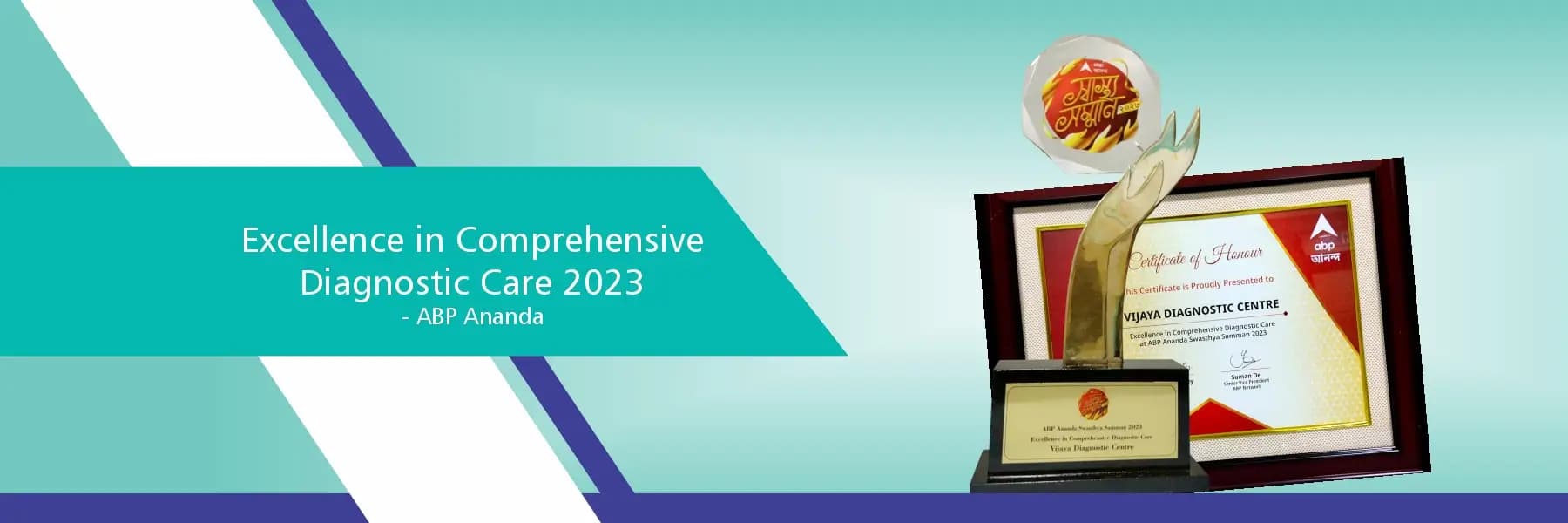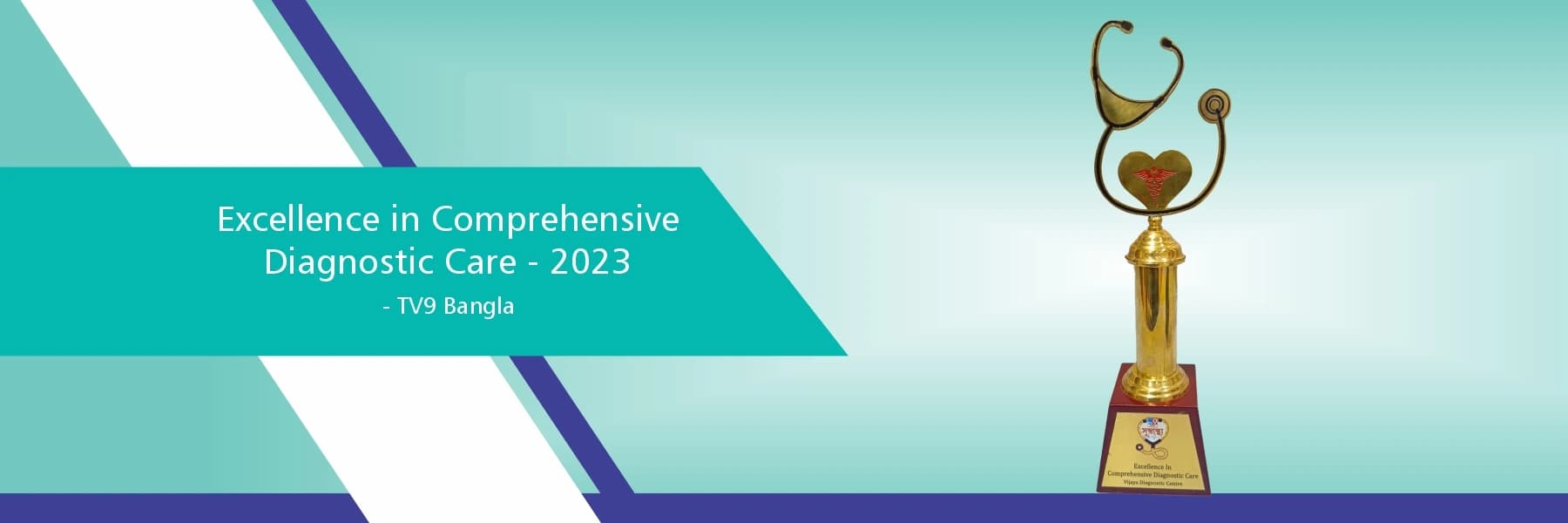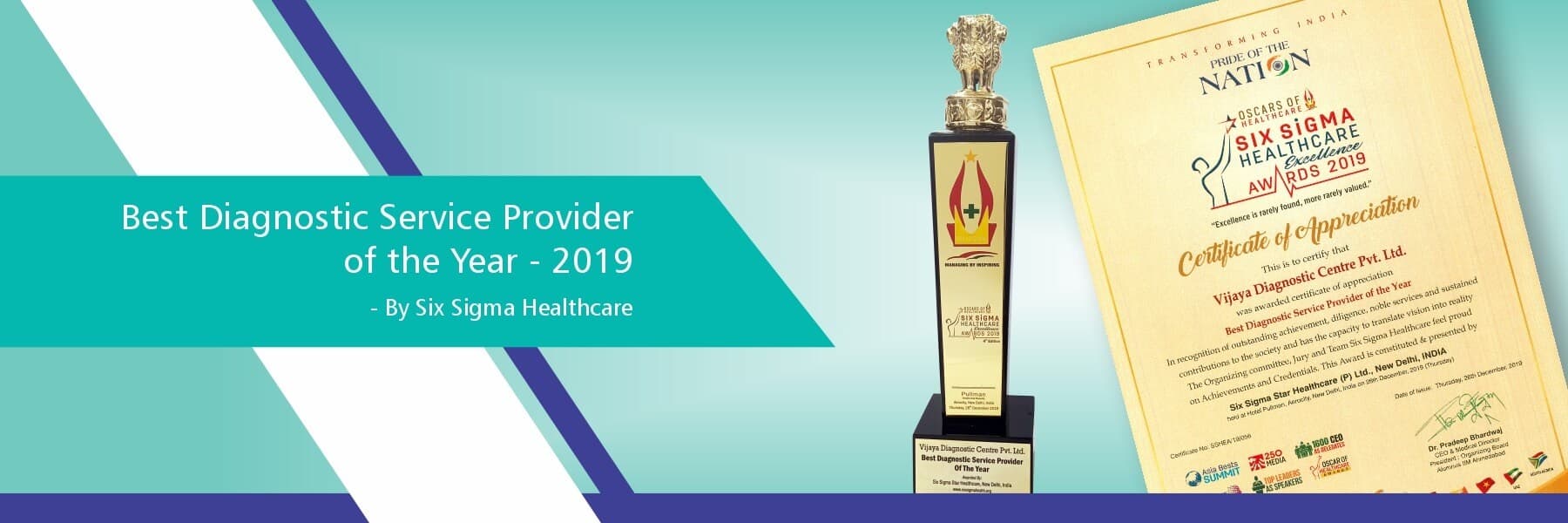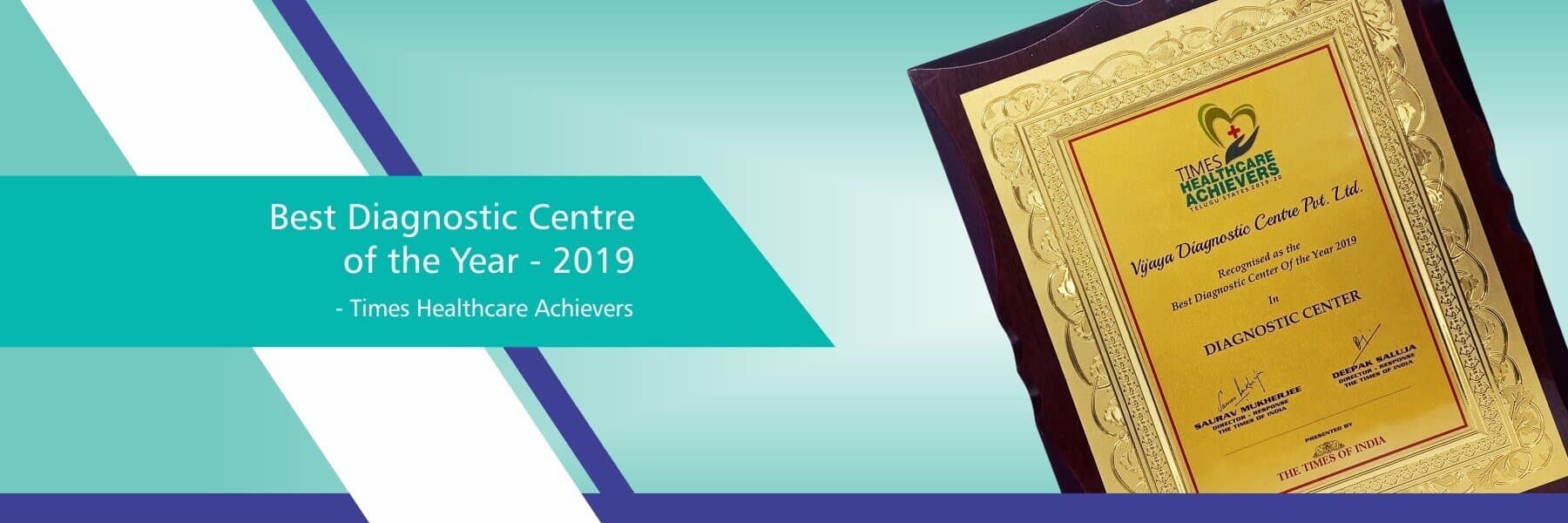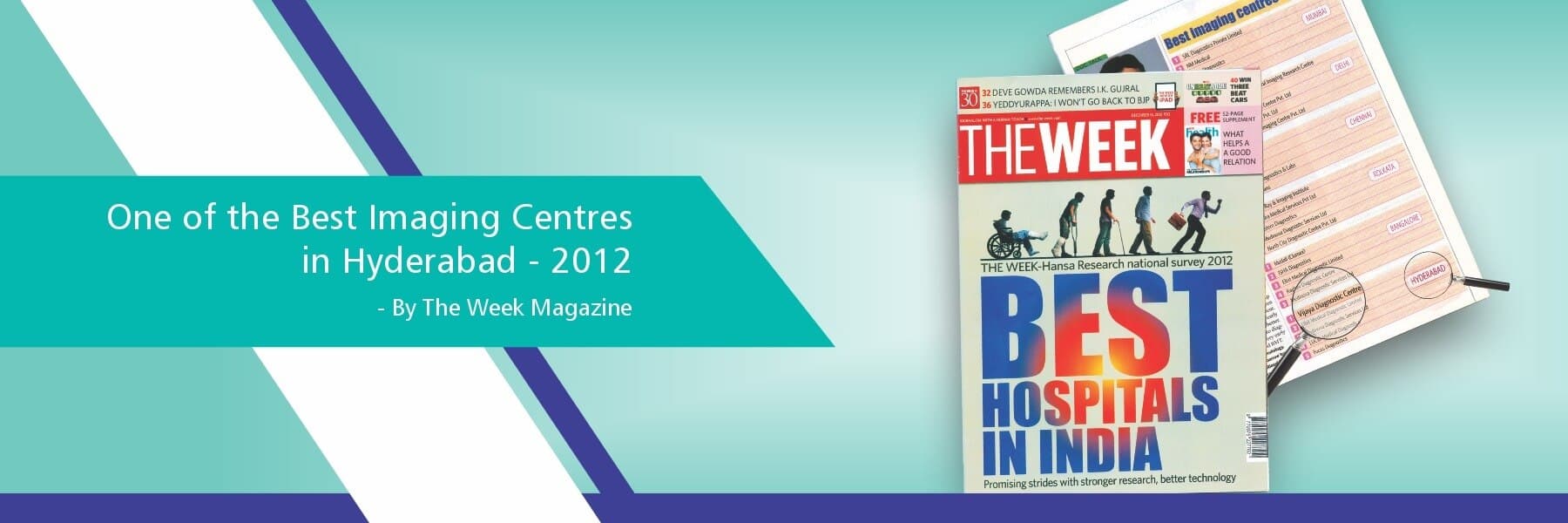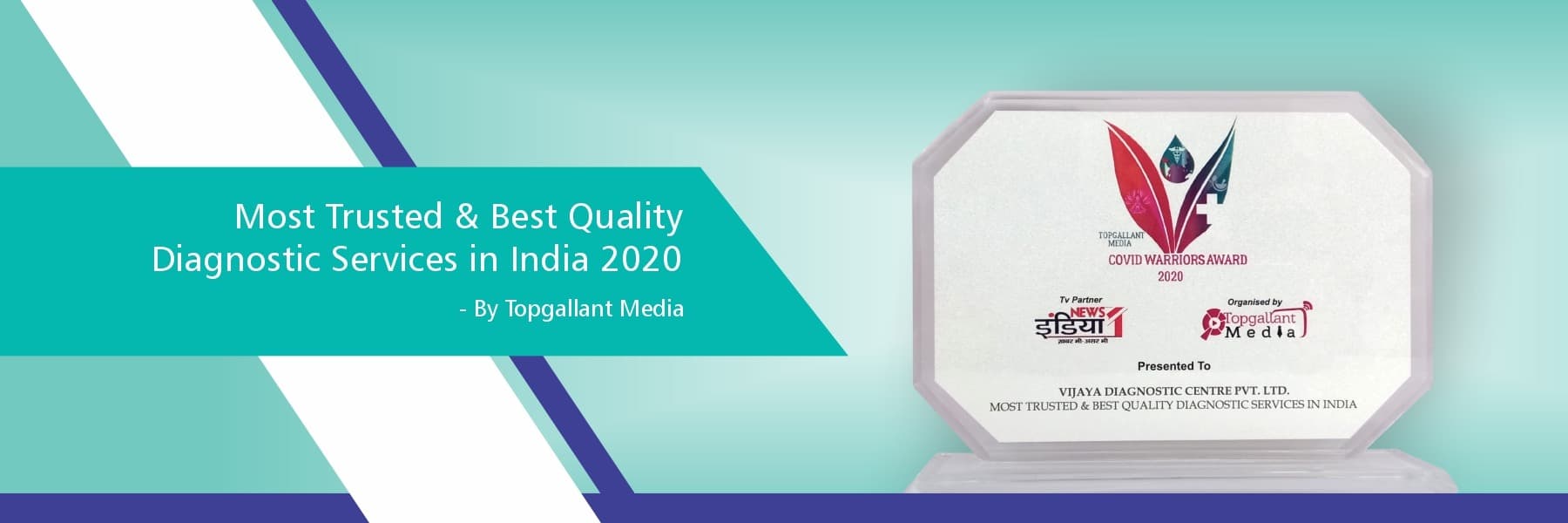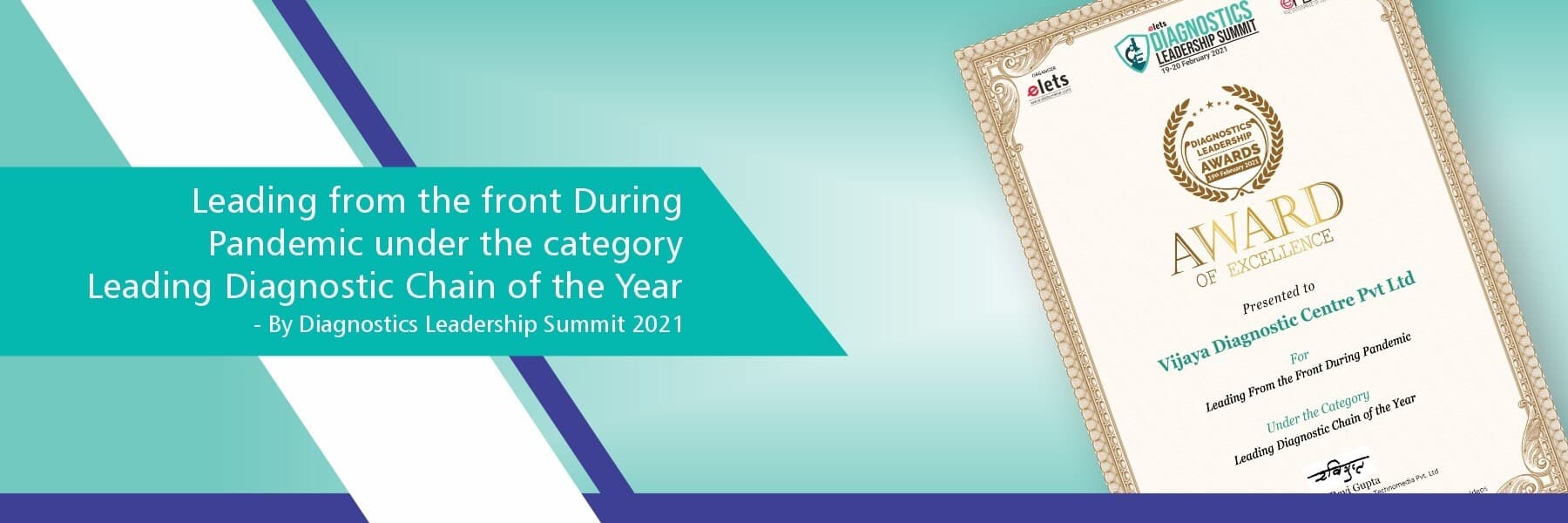What is an MRI scan?
Magnetic Resonance Imaging, more commonly referred to as MRI, is a powerful non-invasive medical imaging technique & diagnostic tool that relies on strong magnets & radio waves to produce detailed 3D images, revealing intricate structures of your organs, bones, muscles, blood vessels & tissues
Unlike X-rays & CT scans, MRI scans don't involve any ionizing radiation. MRI scans are completely pain free & far more accurate than CT scans. They can reach internal structures & parts of the body that are beyond the capabilities of an X-ray.
An MRI scanner is a sophisticated diagnostic tool that has several parts & components which work in harmony to generate detailed cross-sectional slices or 3D models. Let’s take a look at the core components of an MRI:
1. High strength Magnet: At the heart of every MRI scanner lies an incredibly powerful magnet, far stronger than the ones you have encountered. This magnet leverages the natural magnetic properties of the human body by producing a magnetic field that aligns the Hydrogen protons (available in abundance in the fat & water molecules of your body) inside the human body in the direction of the magnetic field produced.
2. RF Coils: Radiofrequency Coils are present within the magnet assembly of an MRI machine. They act as the antennae for transmitting & receiving the signals produced. Different coil designs are utilized depending on the targeted part of the body. The three basic types of RF coils are head, body & surface coils.
3. Radio Wave Probes: The computer generated radio waves interact with these magnetized & aligned Hydrogen atoms, moving them out of their original position. Once the radio waves are turned off, the atoms return to their resting state & emit faint radio signals which are detected by receiver coils.
4. Computer Systems: The hi-tech computer systems process & analyze the intensity of the radio signals emitted to build high resolution cross-sectional images or 3D models of the body structure in question.
What are the uses for an MRI?
MRI scan is a versatile diagnostic tool that is used by doctors to diagnose diseases, monitor treatment & detect/ pinpoint injuries. MRI scans can be leveraged to detect or diagnose a wide range of conditions, including soft tissue injuries, neurological conditions, cysts, & tumors. MRI tests are preferred for screening trauma patients for inflammation, bleeding, & anomalies in the spinal cord & brain after head trauma or accidents.
Types of MRI Scans:
Depending on the part of the body examined using an MRI, following medical conditions can be detected or diagnosed by your doctor
- Brain MRI - Multiple sclerosis (MS), stroke, tumor, cancer, blood vessel damage, brain aneurysms (a bulge in the wall of an artery). An MRI of the brain can also help doctors diagnose certain eye conditions & issues in your inner ear.
- Cardiac MRI - A cardiac MRI not only assesses the health & functioning of your heart but also the integrity of the blood vessels surrounding it. An MRI of the heart can be used to detect heart disease, pericarditis, blocked blood vessels, problems with the aorta, structural issues of the heart, & assess the damage caused by a heart attack
- MRI of the Breast - used to screen women who are at high risk of developing breast cancer or provide accurate insights such as the effectiveness of chemotherapy, progression of breast cancer & its exact location. Doctors may also order an MRI guided biopsy of the breast in some cases. In individuals who have had breast implants, it can be used to detect ruptures.
- MRI Cervical Spine & MRI Lumbar Spine - They are used to diagnose disc problems or pinpoint the root causes for neck pain & lower back pain respectively. They can also indicate nerve damage. Lumbar Spine MRIs can be used to evaluate the integrity of the spinal cord.
- Functional MRI (fMRI) - This is a special type of MRI that is used to measure & assess cognitive activity by evaluating blood flow to specific parts of the brain. While standard MRIs are used to detect structural issues, an MRI can help detect functional issues. They can help:
- detect epilepsy, brain tumors and diagnose stroke
- assess the impact of neurodegenerative diseases like Alzheimer’s.
- in brain mapping & aid neurosurgeons in planning before surgical procedures - Magnetic Resonance Venography (MRV) - This diagnostic procedure involves a contrast dye that highlights veins to make them appear translucent & construct better images of internal organs & structures.
- Magnetic Resonance Angiography (MRA) or Magnetic Resonance Angiogram - It is similar to MRV but utilizes an intravenous contrast dye that highlights blood vessels. MRA is used by doctors to assess blood flow & diagnose blood clots or conditions such as atherosclerosis. Non-contrast MRAs can also be performed for patients with renal issues.
Abdominal MRIs of the liver, kidneys, & pancreas can diagnose a range of issues such as cirrhosis, fatty liver disease tumors, inflammation, blood vessel blockages & pancreatitis while MRI scans of the ovaries (women) & prostate (men) help detect abnormalities like tumors, cysts, endometriosis, polycystic ovary syndrome (PCOS), & prostatitis, benign prostatic hyperplasia (BPH) respectively
MRI of bones & joints can be used to detect structural damage & injuries or diagnose Arthritis, cancers or bone infections.
If you're wondering, which is the best MRI scan center near me?, look no further than Vijaya Diagnostics. With over 140 centers across 20 cities, you're sure to find a Vijaya Diagnostics center near you!
As South India's largest integrated diagnostic chain, we offer a comprehensive range of MRI scans, including brain, cardiac, breast, spine, & more, all performed with cutting-edge technology by expert radiologists at our NABL accredited & ISO compliant labs.
With Vijaya Diagnostics MRI scan costs starting at competitive rates & exclusive discounts on our app, getting the crucial attention your health needs doesn't have to dig a hole in your pocket.
What are the Risks of MRI?
MRI scans are painless & non-invasive. You won’t be exposed to any ionizing radiation during an MRI & there are no known major side effects of an MRI.
Having said that, certain individuals won’t be able to get an MRI scan. These individuals include but aren’t limited to:
- Patients with pacemakers, implantable cardioverter-defibrillator (ICD) artificial heart valves, cochlear implants or metallic ear implants, bullet fragments, chemotherapy pumps & insulin pumps
- Individuals with metal coils placed in blood vessels, surgical clips/ metallic chips, artificial joints, metallic bone plates, metal implants & prosthetic devices
- Pregnant women aren’t advised to get an MRI during their first trimester unless it is absolutely necessary since the baby’s organs develop during this trimester.
- Individuals with tattoos on their body are also advised to notify the lab technician beforehand since tattoo inks may contain metal.
We also strongly suggest that individuals with a history of claustrophobia should notify the technician before an MRI scan so appropriate measures can be taken to alleviate their fear & anxiety.
Patients with kidney disease & individuals with a history of allergic reaction to contrast dyes aren’t advised to undergo MRI scans with a contrast.
While generally safe, the contrast dye used in some MRIs may cause temporary mild side effects such as nausea, headaches, hives, itchy eyes or discomfort at the injection site. Please talk to your doctor immediately if you experience any one or more of these symptoms after an MRI scan.
How is an MRI scan performed & How should you prepare for an MRI?
- You will be expected to remove all metallic accessories or jewelry & leave your electronic devices & belongings outside the scanning room. Depending on the type of MRI scan, you may need to fast beforehand. Please follow the instructions provided by the doctor/technician.
- Wear loose comfortable clothing without metal fasteners. You may be alternatively asked to change into a comfortable & clean gown provided to you at our center. You may be injected with a contrast dye before the scan to enhance the images. Please feel free to talk to our in-house technicians if you have any allergies, concerns or questions.
- You may be injected with a contrast dye before the scan to enhance the images. Please feel free to talk to our in-house technicians if you have any allergies, concerns or questions.
- You will be requested to lie still on the platform in a long tube, the MRI scanner. Our experienced technicians prioritize your comfort & will guide you through every step of the process.
- The scan may last 30 to 60 minutes depending on the type of scan. Our State-of-the-art MRI scanners ensure high-quality images & reduced scan times.
Frequently Asked Questions
1. How does MRI differ from other imaging techniques like X-rays & CT scans?
Ans - MRI relies on strong magnetic fields & radio waves to produce high resolution cross-section images of 3D images of internal organs & structures. Unlike, X-ray or CT scans, MRI doesn’t involve exposure to any ionizing radiation. MRI images are considered to be far more accurate & detailed than CT scans or X-rays.
2. What can an MRI detect?
Ans - MRI scans detect a wide range of conditions, from brain tumors, neurological conditions & heart disease to joint injuries & female/male organ issues. Talk to your health care consultant for details specific to your medical conditions.
3. How long does an MRI scan take?
Ans - An MRI scan (including prep time) can span between 40 & 90 minutes depending on the type of scan. Very minimal prep is needed for an MRI.
4. Are there any risks associated with MRI? Is MRI Safe?
Ans - MRI is completely pain free & non-invasive. There are no side effects. However, some people such as pregnant women in their first trimester or patients with pacemaker & metallic implants or prosthetics are advised against undergoing an MRI scan. Refer to the details mentioned above.
Patients with renal disease or allergic reactions to the contrast dye aren’t advised to take a contrast MRI.
In the case of a contrast MRI, few individuals may experience mild temporary side effects such as nausea, headaches, itchy eyes, or irritation at the injection site. Talk to your doctor if you experience any of these symptoms.
5. How is an MRI different from a CT scan?
Ans - CT scans use X-rays while an MRI scanner uses magnetic fields & radio waves to generate detailed images of your body’s internal organs & structures. MRI scans are safer than CTs. CT scans are faster. CT scans are used to detect bone fractures, tumors, or internal bleeding while MRI scans provide more accurate & detailed imagery of organs & soft tissues for diagnosing conditions such as herniated discs & torn ligaments.
6. What is the role of MRI in Detecting & Monitoring Cancer?
Ans - MRIs can be used for assessing the size, spread & exact location of a tumor, aiding in accurate staging & diagnosis. It can also be used to monitor the effectiveness of chemotherapy & other treatment strategies. MRI guided biopsies may also be ordered by doctors to detect cancer while improving the accuracy of the procedure & minimizing the risks.
Drag & drop your files here, Or
browse files to upload.
.pdf, .jpg & .png formats supported. Upto three files can be uploaded at a time
Blogs
Awards & Recognitions
Diagnostic Education
Frequently Asked Questions (FAQs)
Centre Details & Locations
You can click on the Centre Locator mentioned on the top right bar of our home page website to locate centres in your city. You can also search in Google “Vijaya Diagnostic Centre near to me” to find the nearest centre.
Yes, most of the centres have this facility.
Yes, you can check the operational timing of a branch by selecting the centre you want to visit on our website or Google map of respective centre
Health Checkup & Packages
The validity of a health check package is 30 days from the date of invoice, for more detail to Terms & Condition of use section on our website.
Watch This Video for Detailed Information
Once the validity period is over for your registered package, the package cannot be availed. The amount paid by you during the registration process is non-refundable, non-transferable and gets forfeited if you do not visit the branch within the validity period. The amount paid by you during the registration of the special package cannot be utilized for availing other packages.
No. These are special promotional packages which are available for registration only during the specific campaigns and thus it is important for you to register there during the event/campaign. These are specially designed and discounted packages which are only available during the campaign with specific validity period.
The package once registered, is non-transferable. One has to utilize the package for the registered customer only.
Home Sample Collection
Yes, you can book a Home Sample collection by selecting the desired tests on our website or calling our customer care number at 9240 222 222.
Yes, you can prepone/postpone an appointment by calling our customercare number at 9240 222 222.
Reports
Visit Home page of our website and click on Download reports icon. You need to login with mobile number and OTP. You will see your latest report in PDF format.
No, your reports would not be shared with anybody else other than you.
Tests Information & Instructions
Yes, fasting is recommended before undergoing a blood test.
Watch This Video for Detailed Information
- Generally, fasting is required prior to administering IV contrast. Fasting for ~ 4 hours (solid foods) is recommended.
- Kidney function test (serum creatinine) in cases of positive clinical history.
- Review of your medical history to determine that no issues exist preventing you from having a CT scan, such as pregnancy / contrast allergy or reaction (i.e., hives, rash, itching, breathing difficulty).
- A person accompany for IV contrast procedure.
- Some CT scans require drinking oral contrast, for approximately 30–60 minutes prior to your scan.
- Some CT scans involve an injection of contrast, for which an IV cannula will be inserted.








